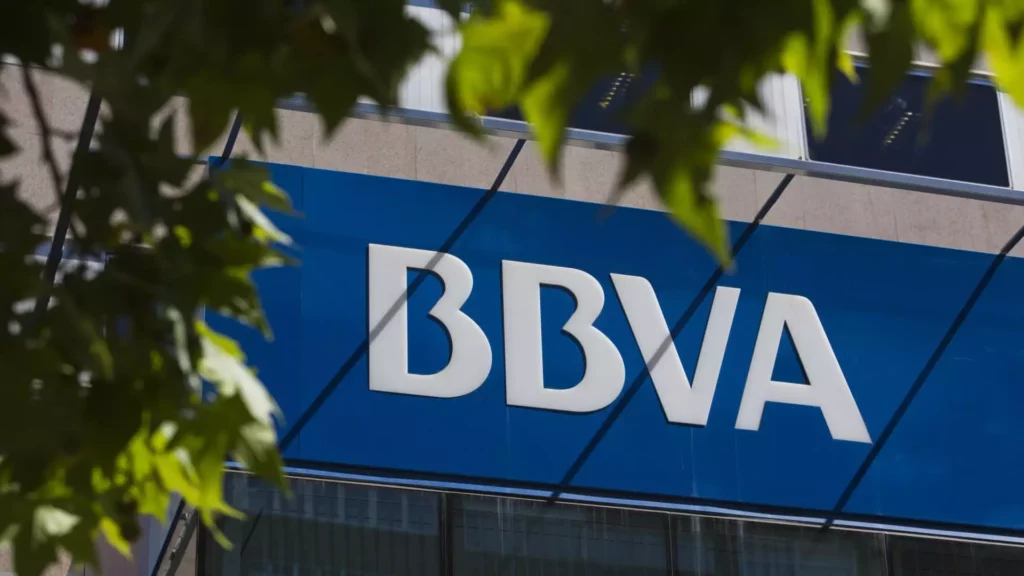![]()
The recent announcement by Spanish bank BBVA of a hostile takeover bid for domestic rival Banco Sabadell has taken the markets by surprise. This move comes after an initial takeover offer of 12 billion euros was rejected by Sabadell’s board, citing undervaluation of the bank’s growth prospects. BBVA’s decision to take its all-share offer directly to the bank’s shareholders has been described as “very strange” by investment firm Axiom. The proposed merger would create Spain’s second-largest financial institution if successful, with BBVA characterizing the offer as “extraordinarily attractive.”
Following the announcement of the hostile takeover bid, BBVA’s shares fell by 6%, while Sabadell’s stock price rose more than 3%. Hostile takeovers are not common in the European banking sector, making BBVA’s move even more unexpected. CEO of Italy’s Intesa Sanpaolo, Carlo Messina, highlighted the challenges of domestic consolidation within the region’s banking sector, stating that completing a “friendly transaction” is difficult in the current market environment. Proceeding with a hostile takeover bid, according to Messina, presents its own set of challenges.
David Benamou, chief investment officer at Axiom, described BBVA’s offer for Sabadell as reflective of a “very strange situation.” He believes that the proposed offer makes sense from Sabadell shareholders’ point of view and is likely to go through. Benamou pointed out that BBVA’s offer represents a 30% premium over the closing price of both banks as of April 29th. He also drew parallels to recent discussions in Switzerland regarding the consolidation of Credit Suisse by UBS, emphasizing concerns about financial stability. While acknowledging that consolidation among European banks is a logical trend, Benamou highlighted the challenges of executing such transactions, particularly in the context of differing geographies and cultures.
The decision by BBVA to pursue a hostile takeover bid for Banco Sabadell raises questions about the implications of such actions within the banking sector. Hostile takeovers can create disruption and uncertainty for both employees and customers of the target company. The aggressive nature of a hostile bid can also lead to conflicts between the management teams of the two banks, potentially impacting the success of the merger. Furthermore, regulatory approval for such transactions can be more challenging to obtain, adding another layer of complexity to the process.
As the situation unfolds, it will be crucial to monitor the response of Sabadell’s shareholders to BBVA’s offer. The success or failure of the hostile takeover bid will have far-reaching implications for the Spanish banking sector and could set a precedent for future consolidation efforts within Europe. As financial institutions grapple with changing market dynamics and economic uncertainties, strategic decisions such as mergers and acquisitions will continue to shape the landscape of the banking industry. The long-term implications of BBVA’s hostile takeover bid for Banco Sabadell remain uncertain, underscoring the need for careful consideration and assessment of the risks involved.

Leave a Reply